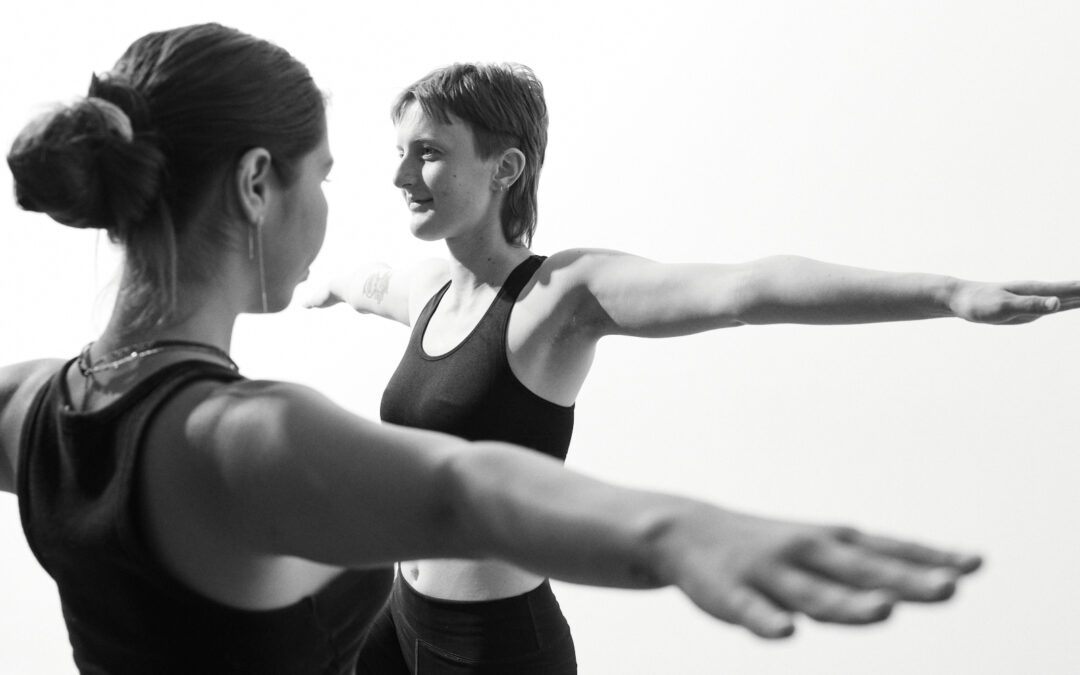गणेश शरणं | शरणं गणेश
gaṇesha śaraṇam, śaraṇam gaṇesha
I take refuge in the one who removes all obstacles
There is a metaphor for the spiritual journey (or any journey) that its like climbing a mountain. Additional phrases can then be added on or incorporated such as ‘just one foot in front of the other’ or ‘the journey is the reward’ and even ‘different paths to the same goal.’
All of these phrases and metaphors are true and useful, especially in relation to yoga and maintaining your own discipline along the way.
If the mountain we are climbing is yoga then the top of the mountain would be enlightenment or liberation in some form. Which means that we start at the bottom being unenlightened, bound, stuck or feeling disconnected or separate. For each one of us we stand at the base of our own mountain and have many paths to choose from. Just like real life mountains and hikes there will be the easy routes, the long and challenging paths and even the suggestion of who should or shouldn’t attempt them. Perhaps this ‘first step’ is the best measure of one’s own discipline. If the first signpost for one path says ‘enlightenment guaranteed 10mins this way’ would you take it? If it compares to the next sign that says ‘difficult and arduous journey ahead, you will be challenged physically and mentally and your spirit will be reshaped along a journey that we don’t know how long it will take’.
Which one do you choose? On any given day our mood can change or we can say we don’t have enough time to do the longer path but ultimately the questions are: How much do we value individual growth and perspective? How important is our discipline and where is it directed?
At various stages of life our discipline is placed on specific things. Maybe through formal studies and meeting assignment deadlines, not to be distracted or procrastinate from getting the work done. Maybe it has been a health journey of discipline around sugar, alcohol or exercise. Getting those 10,000 steps in a day requires discipline, especially when it’s raining or your day is full and you have to make specific time for it.
In yoga it can commonly look like committing to x amount of classes per week, trying to stay disciplined even when the practice is physically demanding. We know the physical practice is such a small part of what yoga really is. Can we be disciplined in being kind and compassionate regardless of what or how others treat us? What happens when our discipline breaks or faults in some way?
Can we respect the diversity not just of the landscape ahead but also those who are on the journey with us? They say comparison is the thief of joy, and when we talk about discipline does comparing to others make you more disciplined or less? If someone overtakes us on the path up the mountain do we turn around and go back or do we wait and continue walking with the next person that comes along?
When we are on the path we are bound to encounter new discoveries and face uncertainties. The path splits off in two directions and doubt arises. Can we remain focused and disciplined that whatever decision we make there will be new discoveries and face them with the same openness and grace regardless of thinking that perhaps we should have gone the other way.
Unfortunately, we also know that it doesn’t matter if the journey and mountain we are climbing is one of yoga, or work or life in general not all the paths we take lead upward and sometimes it takes us longer than we had hoped to realize we are going in the wrong way (or nowhere at all).
Yoga provides many answers for a wide range of questions especially around doubt, uncertainty and discipline. In the Bhagavad Gītā Krishna says to Arjuna:
6.5 uddhared ātmanātmānaṁ nātmānam avasādayet
ātmaiva hyātmano bandhur ātmaiva ripur ātmanaḥ
One should uplift onself by the Self, One should not degrade onself.
For the Self alone can be a friend to onself, And the Self alone can be the enemy of oneself.
18.33 dhṛityā yayā dhārayate manaḥ-prāṇendriya-kriyāḥ
yogenāvyabhichāriṇyā dhṛitiḥ sā pārtha sāttvikī
The unswerving firmness by which, Through yoga one holds fast
The functions of the mind, vital breath, and senses. That firmness, Arjuna, is sattvic.
In the yoga sūtra it is advised that we practice Kriya yoga to remain on the path:
Kriyāyoga is comprised of Tapas (austerity), Svādhyāya (self study) and īśvarapranidhāna (devotion to the Lord).
Even the monkey god Hanumān is often thought of as the embodiment of devotion and discipline. The Hanumān Cālīsā is a devotional hymn to Hanumān that takes discipline to learn and memorize.
The great way our yoga practice helps instil and foster discipline within each one of us is the tools and techniques on offer to everyone. When we are faced with doubt and uncertainty of what our body can and cannot do or if we think we will never be able to sit still for more than a few minutes, we can draw from our experiences and use our personal insights and experiences as tools in the ways we have practiced them in the yoga class but rather than on the mat it can permeate through all aspects of our lives.
While the ‘journey is a reward’ the paths we are each walking will hopefully lead us into a direction that is positive, life-fulfilling and inspiring. If we are each developing and further harnessing our own sense of discipline then the rewards will be bountiful and although it may take a long time I’m sure the view from the top of the mountain is worth the effort.
– Doug Whittaker
